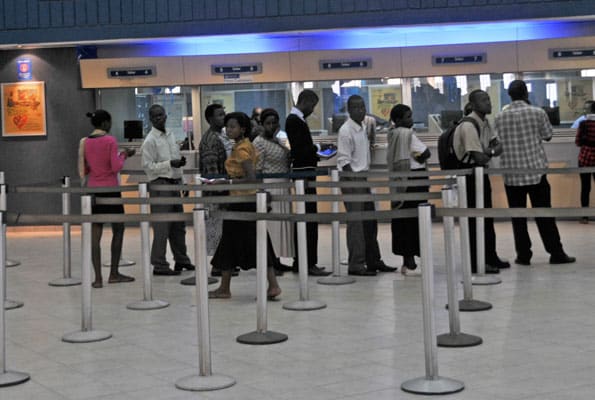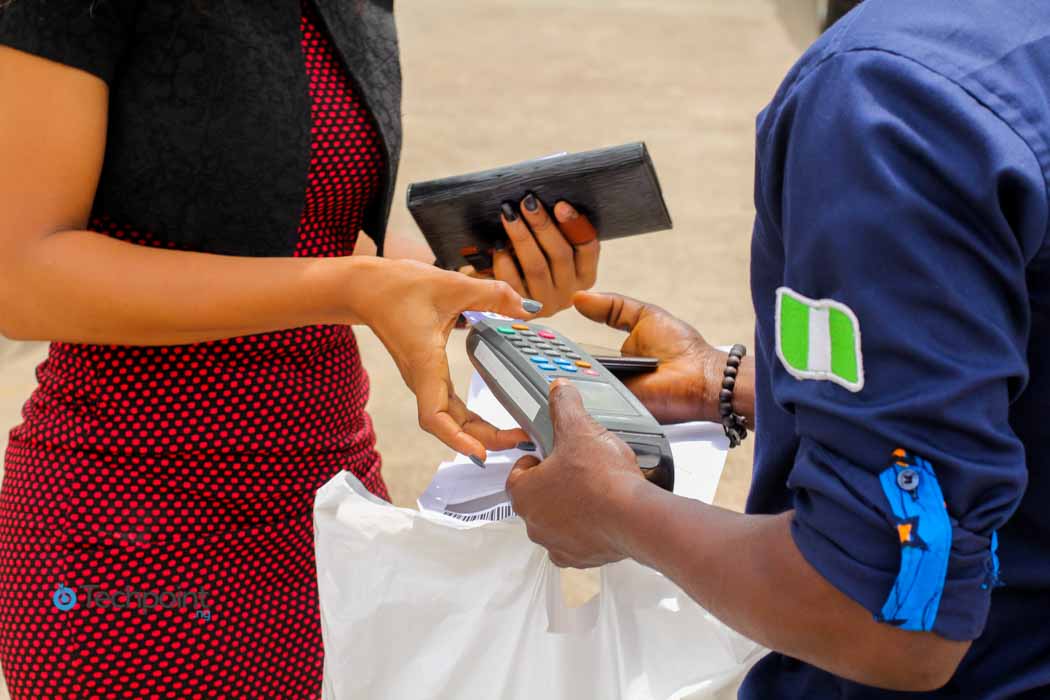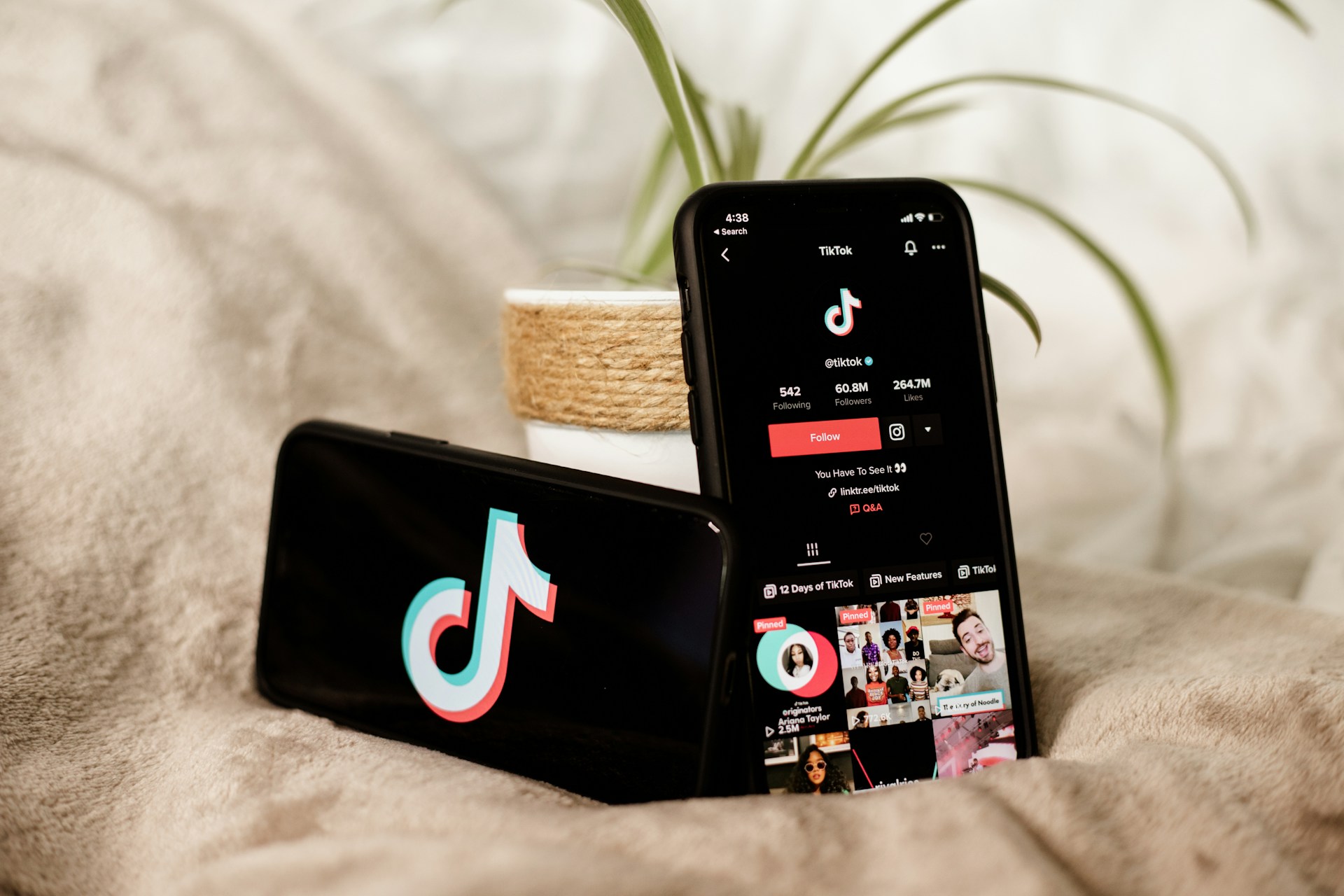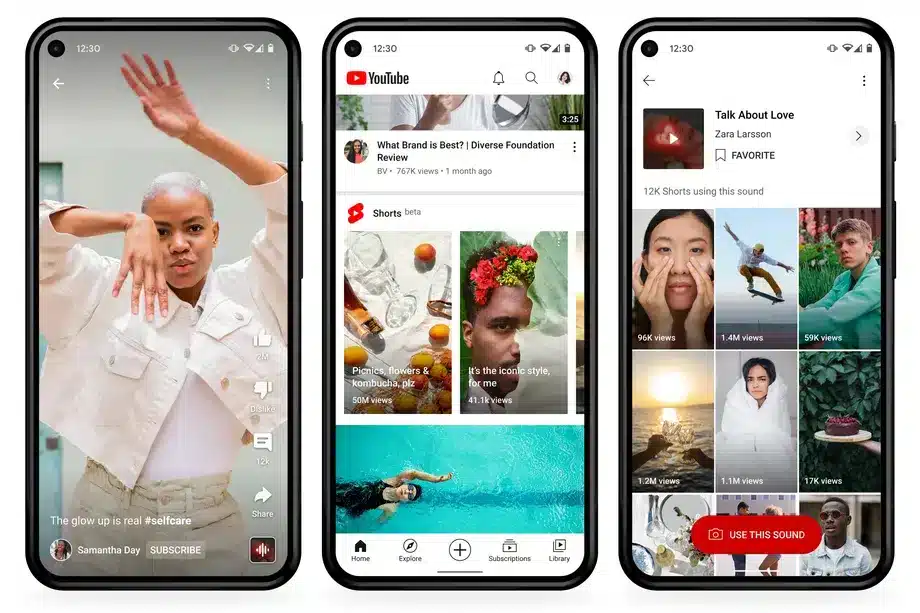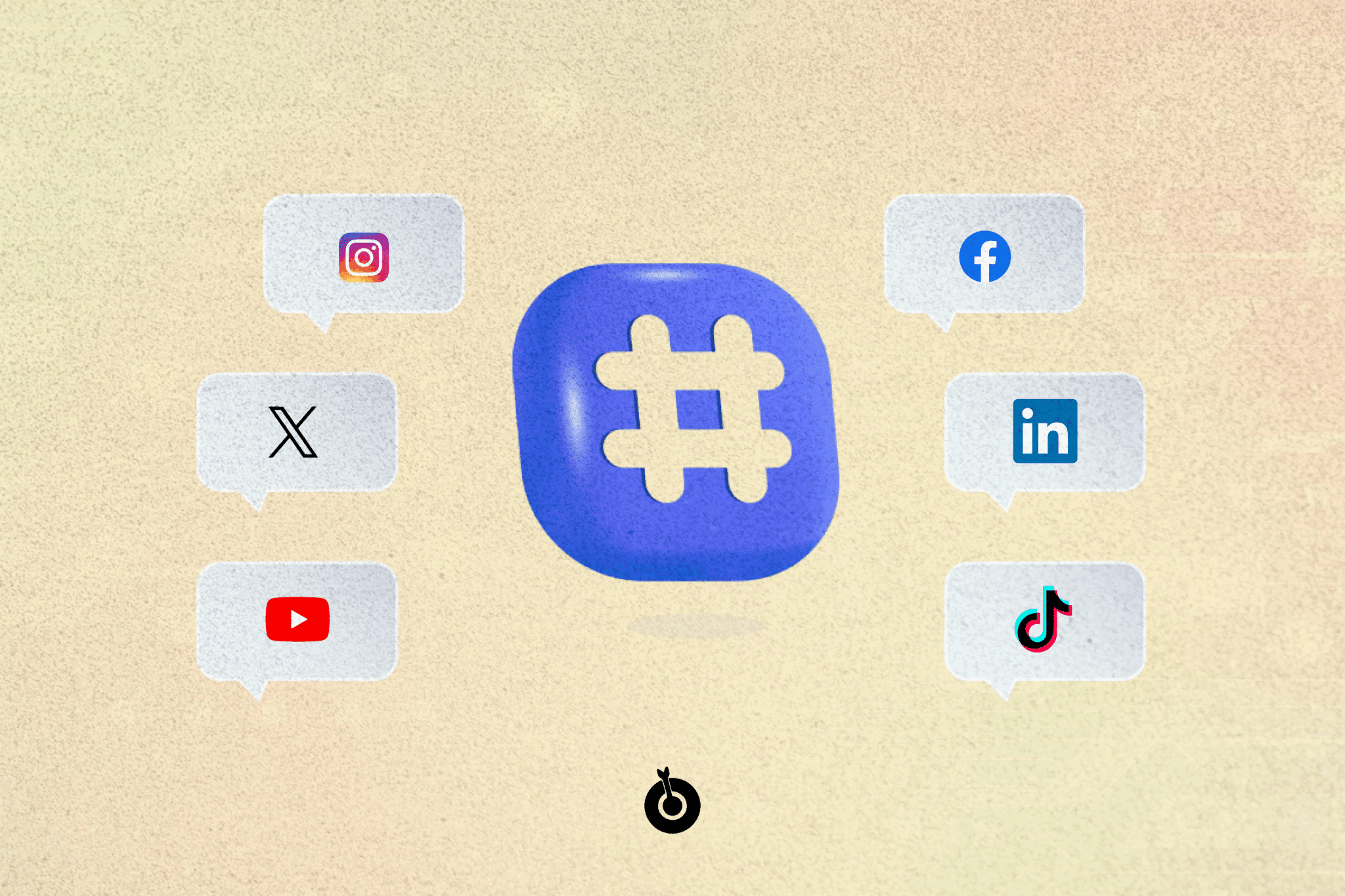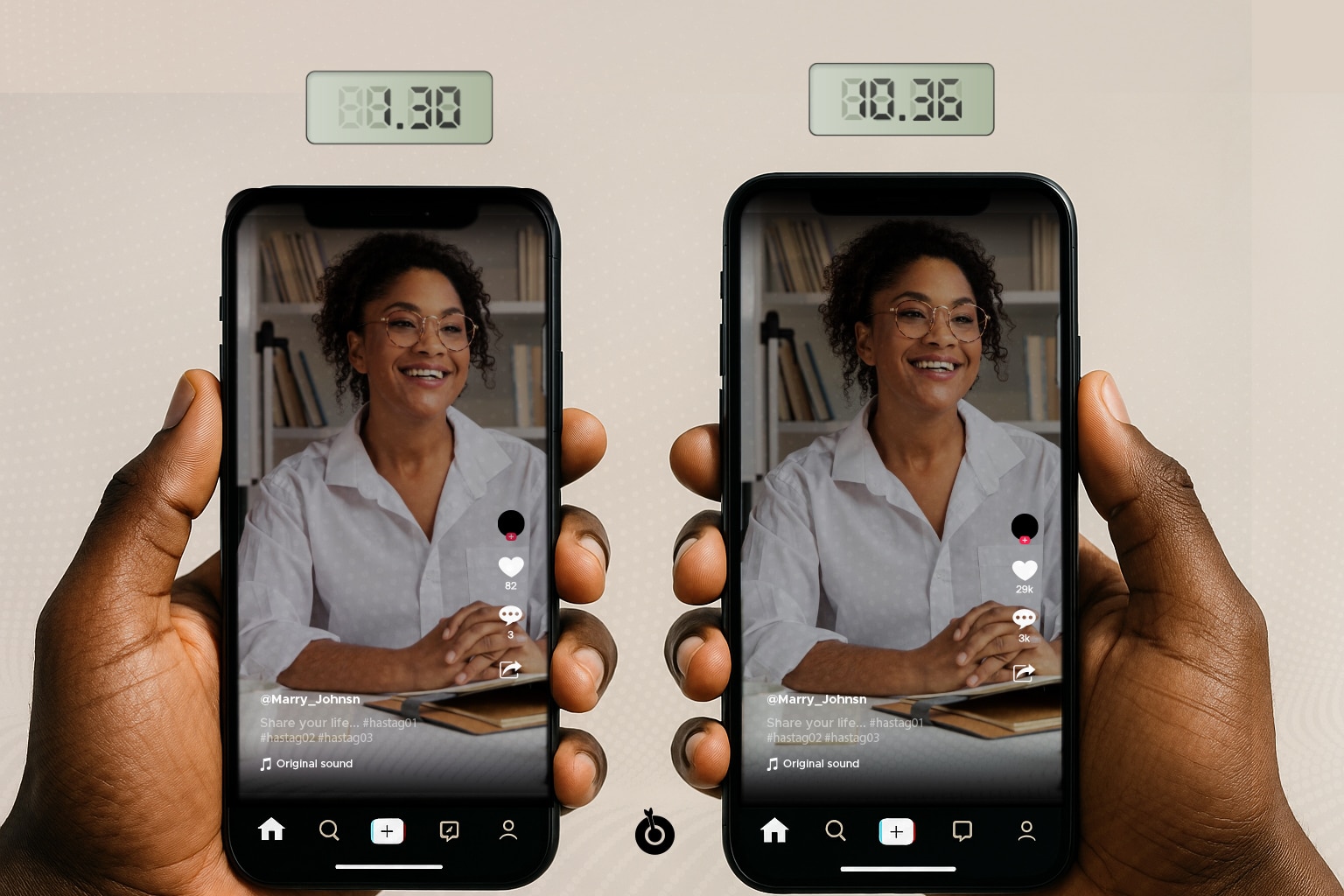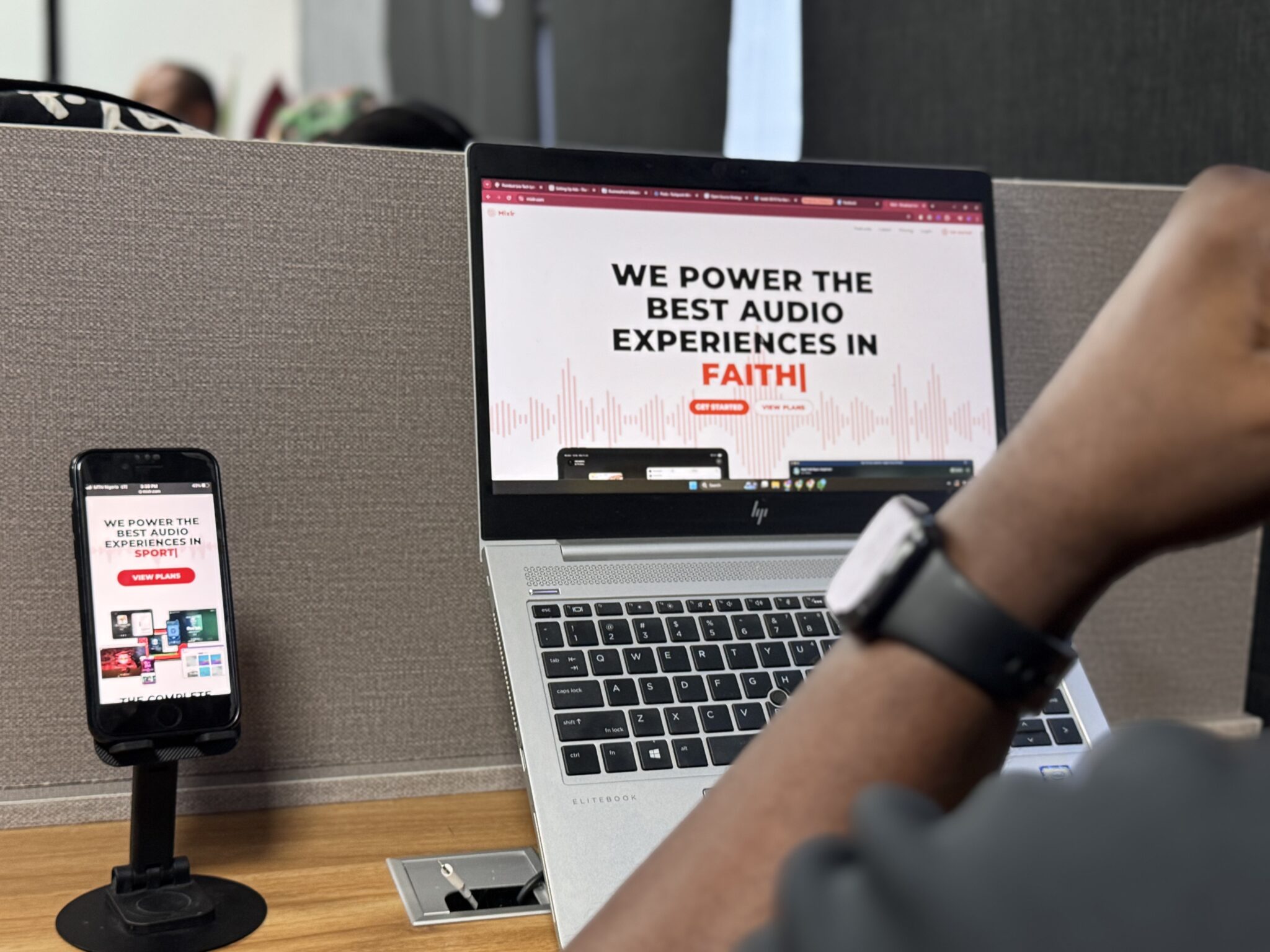On May 4, 2020 the Nigerian government eased the lockdown of three states it announced on March 30. With movement allowed during the 6 a.m. to 8 p.m. curfew that replaced the stay at home order of May, Lagos, Nigeria’s largest city, became a beehive of activities right from the early hours of the day the curfew took effect.
As the day wore on, businesses that were allowed to reopen immediately started receiving customers while trying to fulfil the government’s conditions for reopening: not more than 20 people must be present at an office, they must stay two metres apart at all times, and they must use face masks throughout their stay at an establishment.
While some organisations succeeded in following the directives, it was a different and rather disturbing scene at banks across the state. People went to banks in droves and crowded the areas outside the gates as they broke social distancing rules in a bid to get into the premises. However, there appeared to be a bit more organisation within the banking halls.
https://twitter.com/BelieveAllCom/status/1260101645893066753?s=19
Wondering why this happened brings two likely reasons to mind: service delivery and customer satisfaction.
In terms of service delivery, banks are trying to digitise most of the recurring activities like withdrawals, deposits, and taking customer complaints responsible for these crowds, but their efforts don’t seem to be yielding the desired results.
With a Nigeria Inter-Bank Settlement System (NIBSS) report released in May revealing an increase in the number of failed transactions recorded during the lockdown, banks don’t seem to be making much progress in the digital space.
Excluding largely discussed issues like the country’s unbanked population, the poverty rate which may have induced increased cash-handling, and the low adoption of mobile money, the number of people yet to embrace digital banking services can’t be ignored.
[auto-iframe link=https://techpoint.africa/2019/03/27/nigerian-banking-industry-take-full-digital-leap-soon/embed tag=first]
It means there is a possibility that some customers go to the bank to resolve issues that available remote systems could have handled. But how many of these issues are banks’ e-systems equipped to solve?
Making a case for customer satisfaction
Undoubtedly, how a bank responds to a customer’s complaints is a major measure of customer satisfaction. But then, this is as dependent on how the customer wants to be served as it is on the effectiveness of the means available.
For instance, the Internet boom has brought about other channels like mobile applications, email, and social media platforms which are totally separate from physical visits to banks or phone calls/SMS.
A recent Twitter poll by Techpoint Africa revealed that people would rather walk into banks to lodge their complaints than use customer service channels or send an email. Likewise, social media has almost the same preference level.
Which of these channels helps you resolve your bank issues quickly? You can reply to also share details of your experience.
— Techpoint Africa (@TechpointAfrica) May 25, 2020
Jessica, a project business analyst and ICT expert working closely with the customer care unit of a prominent commercial bank in Lagos, avers that there’s a sentimental reason behind people always wanting to visit banks. She says it is a mindset problem.
“Customers believe that the presence and voice of a customer representative are more assuring. Besides, people will keep trooping to the bank if they don’t trust e-banking.”
Perhaps her emphasis on the use of self-service tools on digital apps and social media channels speaks to the unavailability of some banks’ customer care contacts during the lockdown.
Admittedly, the banks’ efforts to reduce customer-facing and over-the-counter services through e-banking can be faulted. Jessica maintains that issues like getting an ATM card requests/collection, ATM dispute management, or registering an online account, that can’t be currently solved virtually, wouldn’t cause such an overwhelming crowd if issues like cash deposits, withdrawals, and failed transaction queries are settled through other means.
“Of course, we have not gotten there yet, but we are still improving on digital banking. Customers need to make use of the ones available.”
But what happens if these platforms are insufficient to meet these needs?
Attending to customers’ needs

For Jessica, building an effective customer service unit that has a good interaction with the ICT department is important.
“My department works closely with the customer service unit so that issues with online platforms can be easily communicated and resolved. Also, we usually have discussions about what can be done to improve users’ experience.”
However, it appears some policies are not properly implemented in some banks, especially those relating to customers’ response time. Some users revealed to Techpoint Africa that banks prioritise some platforms over others.
While this may have happened because the rate of interaction with some channels surpasses others, Jessica says it is not advised.
“As much as banks need to know and focus on what the trend is — digitisation — it is not reason enough to abandon other platforms like phone calls or SMS. It should be uniformly distributed.”
Though she adds that there is a high probability that complaints on social media get responded to faster.
“The social media platforms seem to be the most-effective because they have more exposure and they will want to respond quickly to avoid public backlash.”
Meanwhile, she surmised that banks can influence which platforms customers will make the first point of call by targeted marketing on such spaces. Notwithstanding, none of this would matter if the customer service unit is not equipped.
A team of untrained personnel might unwittingly make a company’s efforts to satisfy its clients fail.
Jessica, who once served as a customer representative at a popular telco, states that when it’s necessary, a bank should outsource these services.
“It depends on the expectations of the company. For my current company, we make use of both consultants and staff.”
A push for agent banking
According to Jessica, one of the recommendations, while waiting for people to trust e-banking enough to attain full adoption, is agent banking. Since it has been noticed that the preference is currently customer-facing, she believes that it is reasonable to have a bank’s representative close to these customers such that visiting the physical banks for avoidable reasons will be minimised.
It is worth noting that some banks are already making a significant impact in this regard. For instance, Firstmonie, the mobile money platform for First Bank Nigeria (FBN), which was started in 2016 claims to have about 98% coverage of the country. Also, Agent Banking launched in 2014 by First City Monument Bank (FCMB) claims to have increased its network to 1,359 agents as of February 2020.
While most commercial banks are also involved in this, the focus is usually on the hinterlands and low-earning communities. This is understandable because the goal is to drive financial inclusion. Perhaps, if highly populated urban communities are considered, the crowds in the banks will be reduced.
“Banks have to make sure to expand their agent banking networks and make them available at walkable distances. Should complaints arise, these agents will be easily reached,” Jessica concludes.



